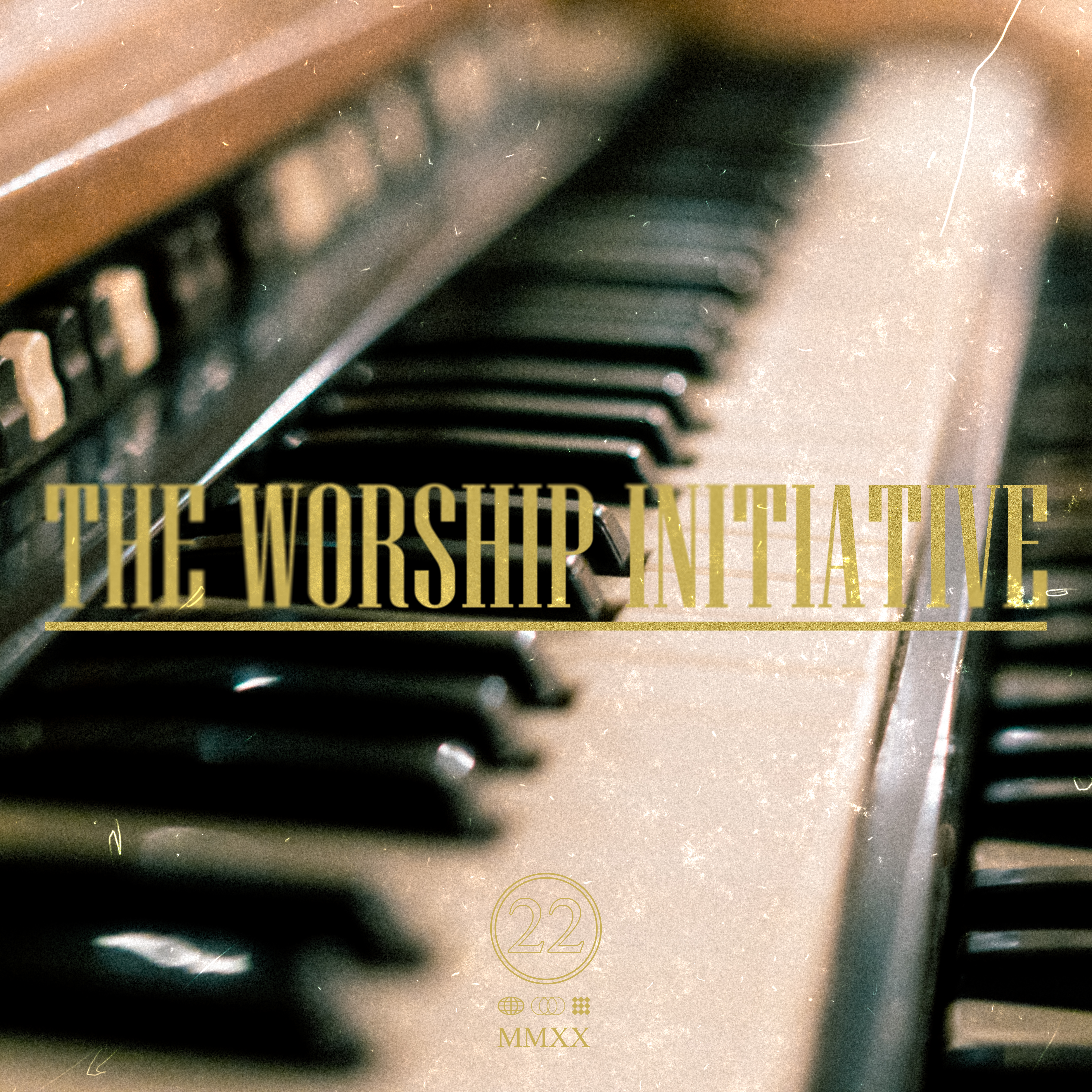
United Pursuit
Nothing Without You
Nothing Without You
The air that we breathe in our culture is self-inflating. Everything around us tries to convince to be self-fulfilling and self-actualizing. Such a quest is laughably futile for weak and depraved creatures, and therefore we are ensnared in a cycle of prideful fantasy of attainment and bitter failure wrought with shame. We don’t realize how hopelessly frail we are, and in such an atmosphere it is uncomfortable to come to terms with how desperately dependent we are. We don’t want to be nothing without God. We want to be something. And more than something, we want to be amazing.
As new believers we have more of a sense of our nothingness apart from the Lord because our life just got turned upside down and we feel like such a mess. Yet as the years pass and we mature, we develop moral habits and lifestyle patterns that don’t look as messy. We understand a bit more and get a lot more proficient at acting the way we are supposed to. We subtly begin to think that we can live godly lives in our own strength. It is as if we imagine that we can turn on our spiritual autopilot and everything will be ok. Of course, we would never actually say those words, but I have found that it is painfully true in my own life. I bet I’m not alone.
This song seems to emerge from a moment of heartbreaking realization. The bridge bleeds the confession, “I’m nothing without you/I’m barely breathing.” This realization produces the cry for to be with Him through communion, or fellowship. I really love those two words (communion, fellowship) and they have a rich tradition in the history of the Church. Yet they aren’t necessarily the vocabulary frequently used in the New Testament. A biblical word that strikes at the heart of what this song is reaching for is to “abide.”
“Abide in Me, and I in you. As the branch cannot bear fruit of itself unless it abides in the vine, so neither can you unless you abide in Me. “I am the vine, you are the branches; he who abides in Me and I in him, he bears much fruit, for apart from Me you can do nothing.” John 15:4-5
To abide means to remain, to endure, to stay. Jesus tells us we can do nothing apart from Him and invites us to experience the fruitfulness of staying in Him and having Him stay in us. This is precisely what the words for this song are yearning for. Wonderful! Yet how exactly do we abide? The image of the vine and the branches underscores the necessity of abiding, but it doesn’t describe how one actually does it. Verse 7 gives us a clue (“If you abide in Me, and My words abide in you”), but I believe the clearest answer comes from a scene in the life of Jesus that took place about a year earlier.
“He who eats My flesh and drinks My blood has eternal life, and I will raise him up on the last day. “For My flesh is true food, and My blood is true drink. “He who eats My flesh and drinks My blood abides in Me, and I in him. “As the living Father sent Me, and I live because of the Father, so he who eats Me, he also will live because of Me.” John 6:54-57
The way we abide with Jesus and remain in Him is by eating His flesh and drinking His blood. We feast upon Him. In verse 57 He bluntly says we are to eat Him. The Greek word (τρώγω, trṓgō) can be used as a generic term for eating but actually means to chew or to chomp. It is the act of eating, not merely the idea of a meal. Did things just get more confusing? This is the way to abide, but how are we to chew Jesus and drink Him? Our first impulse might be to interpret this verse through our familiarity with the Eucharist, or the celebration and remembrance of the New Covenant. There is a legitimate connection there, but at this point in the story it is very foreign to the context. This is not the Last Supper in Jerusalem on the night before His crucifixion. It is a year earlier in the synagogue in Capernaum (John 6:59). It is right before the Passover (John 6:4) where Israel remembered their deliverance from Egypt, and Jesus has just described His identity as the bread of life that came down from heaven (John 6:32-51)! He is the fulfillment of the manna that the children of Israel ate in the wilderness expressed in a perfect human life.
The truth being communicated here is that He is our sole sustenance for life in the wilderness of this present evil age (Galatians 1:4). Like the Israelites of old, we need to go out of our tent every morning and find the true manna like our life depends on it because we really are nothing without Him. Eating and drinking is the way something becomes interior to us – it becomes part of us when we digest it. To feast upon Jesus is to internalize the truth of who He is by praying the scriptures (Jeremiah 15:16). This is how we abide, and how we find the communion and fellowship that the lyrics of this song reach for.